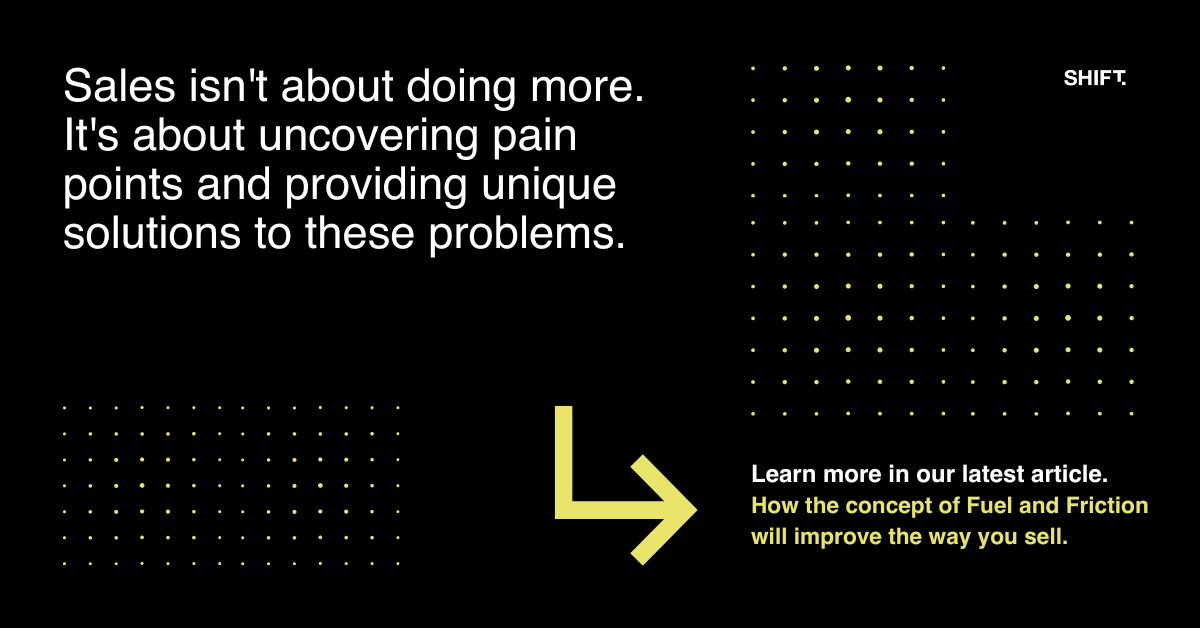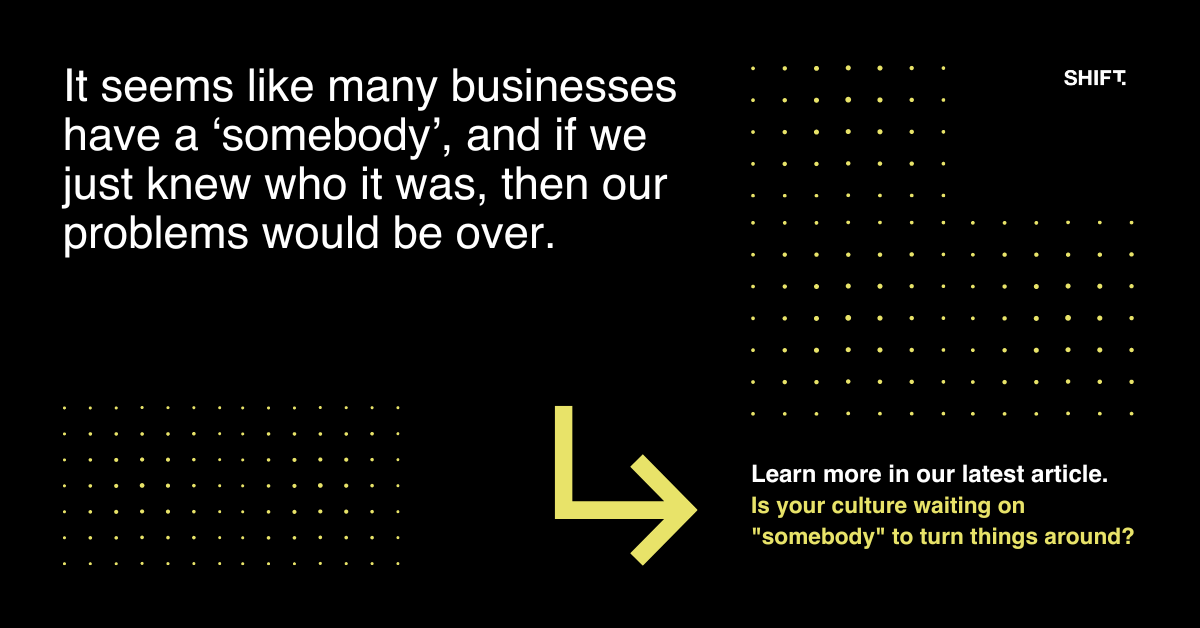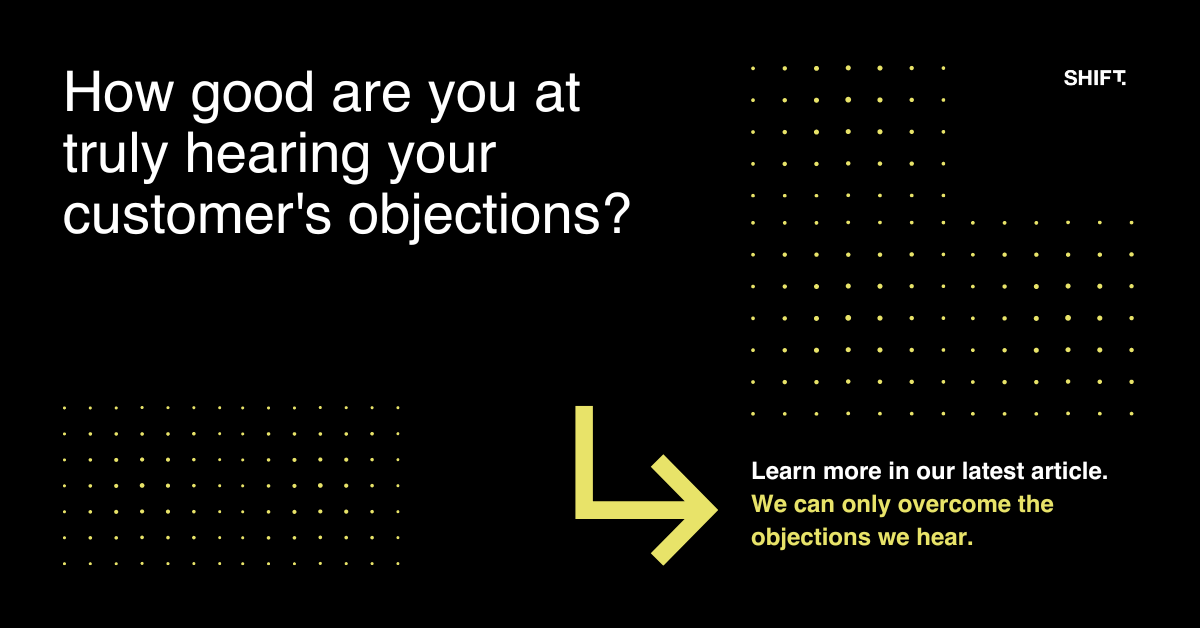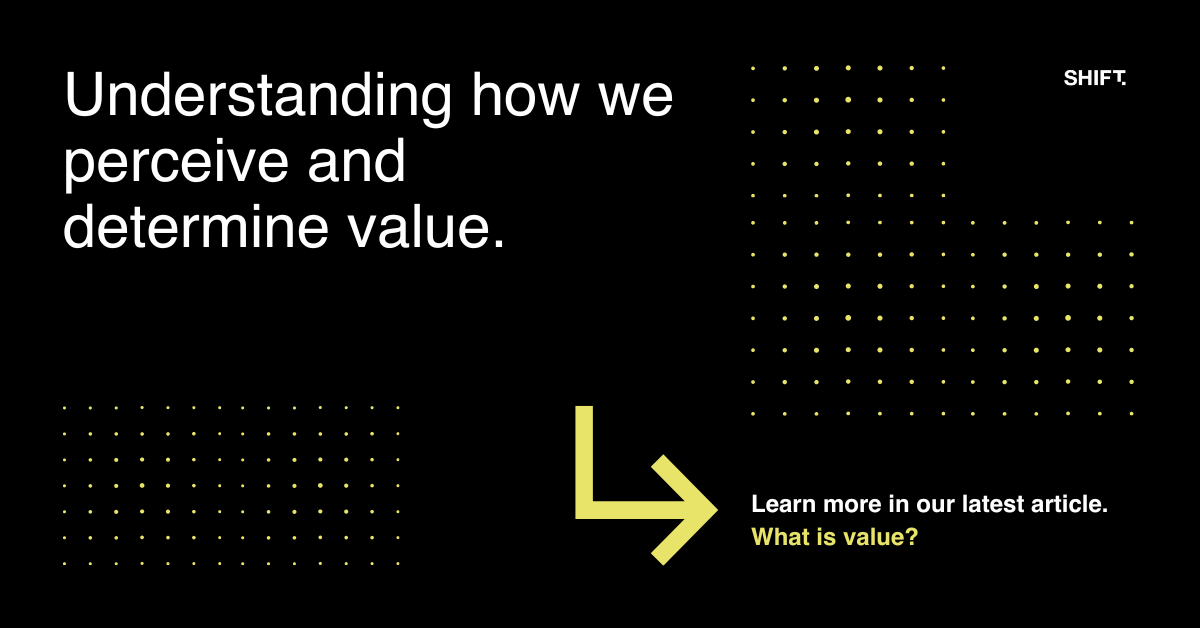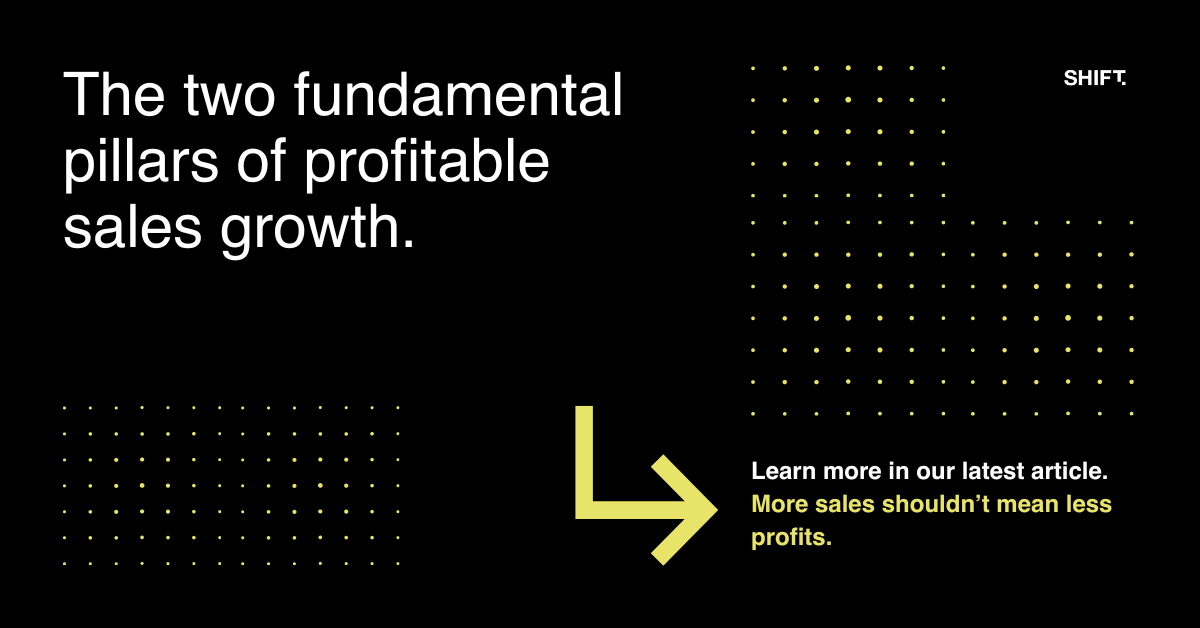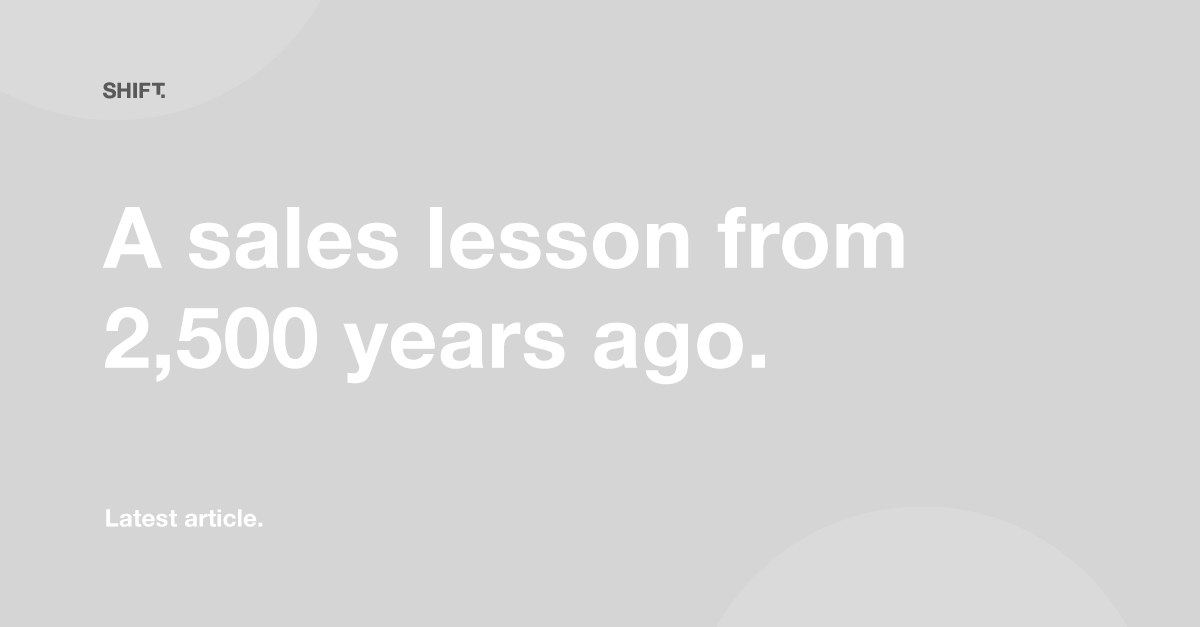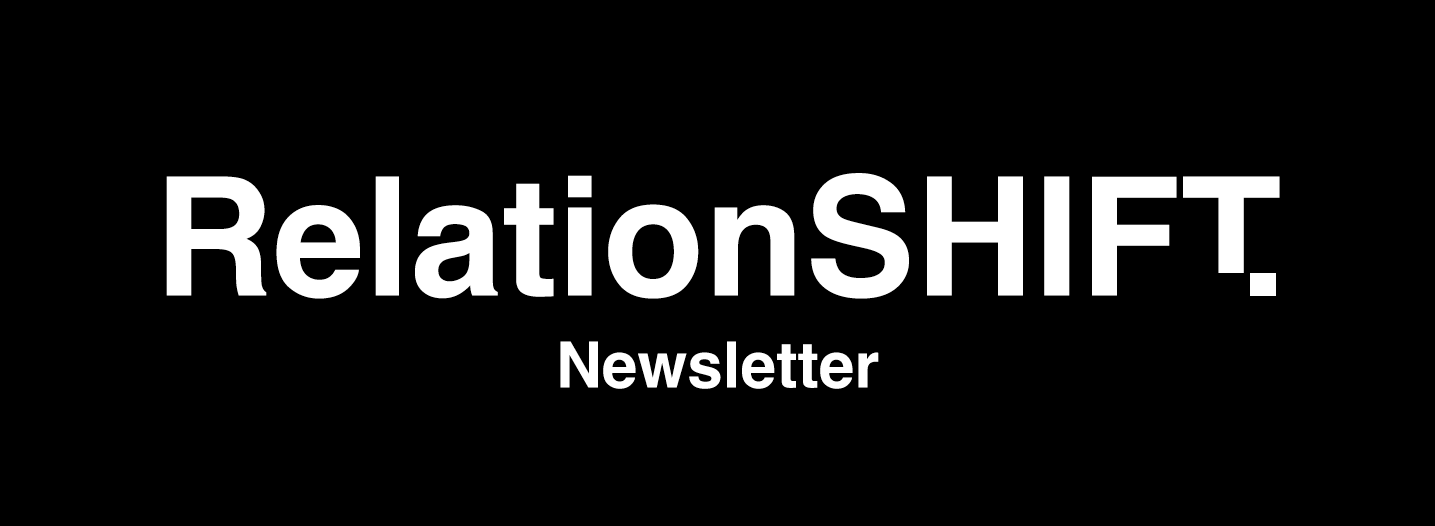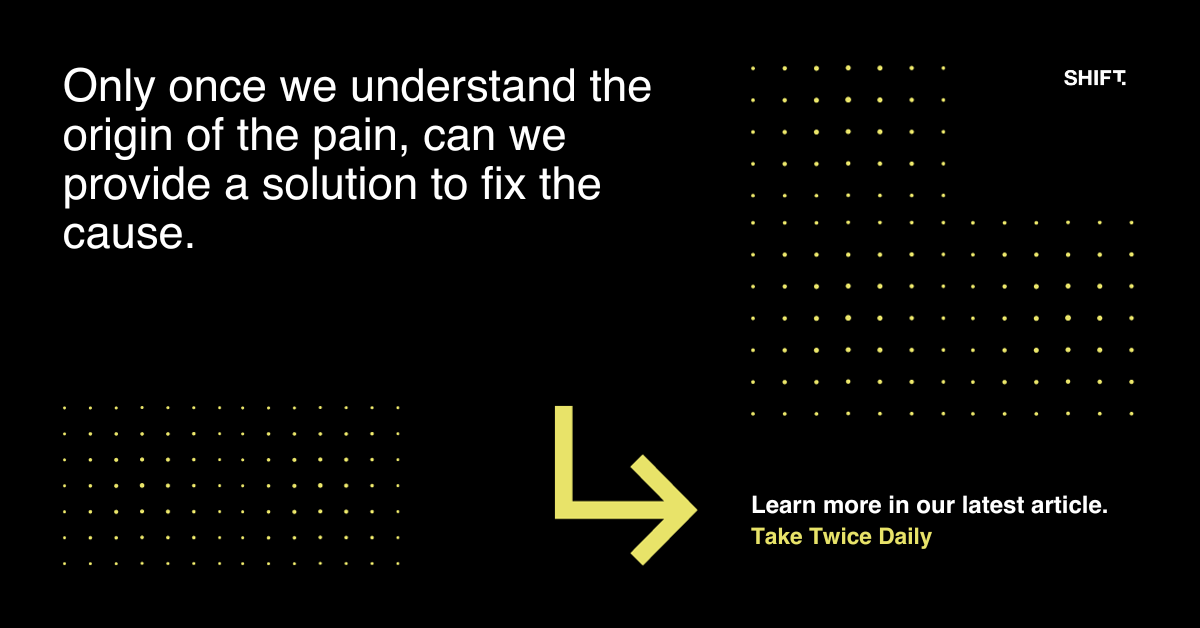“If you know the enemy and know yourself, you need not fear the result of a hundred battles. If you know yourself but not the enemy, for every victory gained you will also suffer a defeat. If you know neither the enemy nor yourself, you will succumb in every battle”
No matter what you do there will always be a competitor wanting to grow their share and take your customers. You have no control over what your competitors do, only what you do. This quote from Sun Tzu gives us a simple blueprint to follow: If you know the value of what you do, know your customer, and how what you do is of value to them, then you need not fear competitors. If you know what you are selling but don’t know how this is of value to the customer, then you will win some sales and lose some sales, but won’t really know why. If you don’t know the value of what you’re selling or what the customer is really looking for then you better be the cheapest, otherwise you will win nothing, furthermore, you shouldn’t be in sales!
Many organisations are good at knowing what their product or service does. They’ve got all of the features and benefits worked out, the technology that sits behind it and a wonderful presentation on how the company started. Salespeople then take this often unnecessarily long presentation and regurgitate it verbatim to their potential client, giving themselves a big ten out of ten for delivering their piece within the time allocated. However, how much time is really spent here understanding the customer?
At what point does the customer tell the salesperson what their pain, needs and fears are? At what point are these insights used to tailor their pitch to the exact needs of the customer? All too often the first meeting is used as the pitch meeting and is based on our own needs and biases. We assume that because other customers are buying our product (and it seems good for them) then the same must be for any future customers. We treat them as being exactly the same.
We need to build into our sales organisations and people, the time and expertise to really understand the customer, knowing when it is the right time to pitch.
The customer will be sitting and listening for the first few minutes of the presentation, you’d better have their attention! What better way to get and keep their attention, beyond the first few minutes, by making it about them and not about you.
“If you know the value of what you do, know your customer and how what you do is of value to them, then you need not fear other competitors knocking on their door”
Do you really know the value you have and how this is of value to each of your customers? If you can’t say emphatically ‘yes’ to this question, then you have a great opportunity to move towards the art of selling and take yourself away from those painful price discussions.
